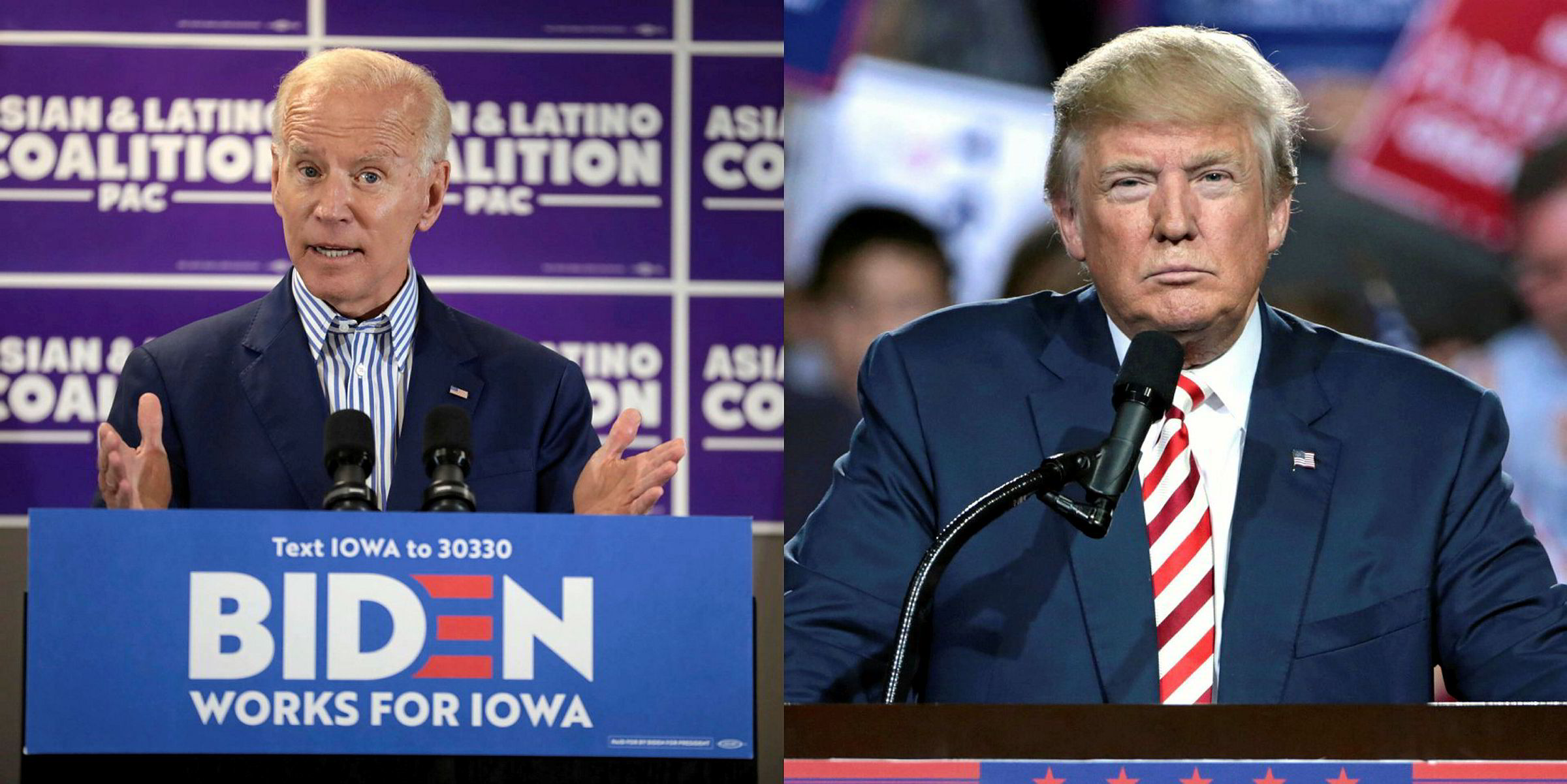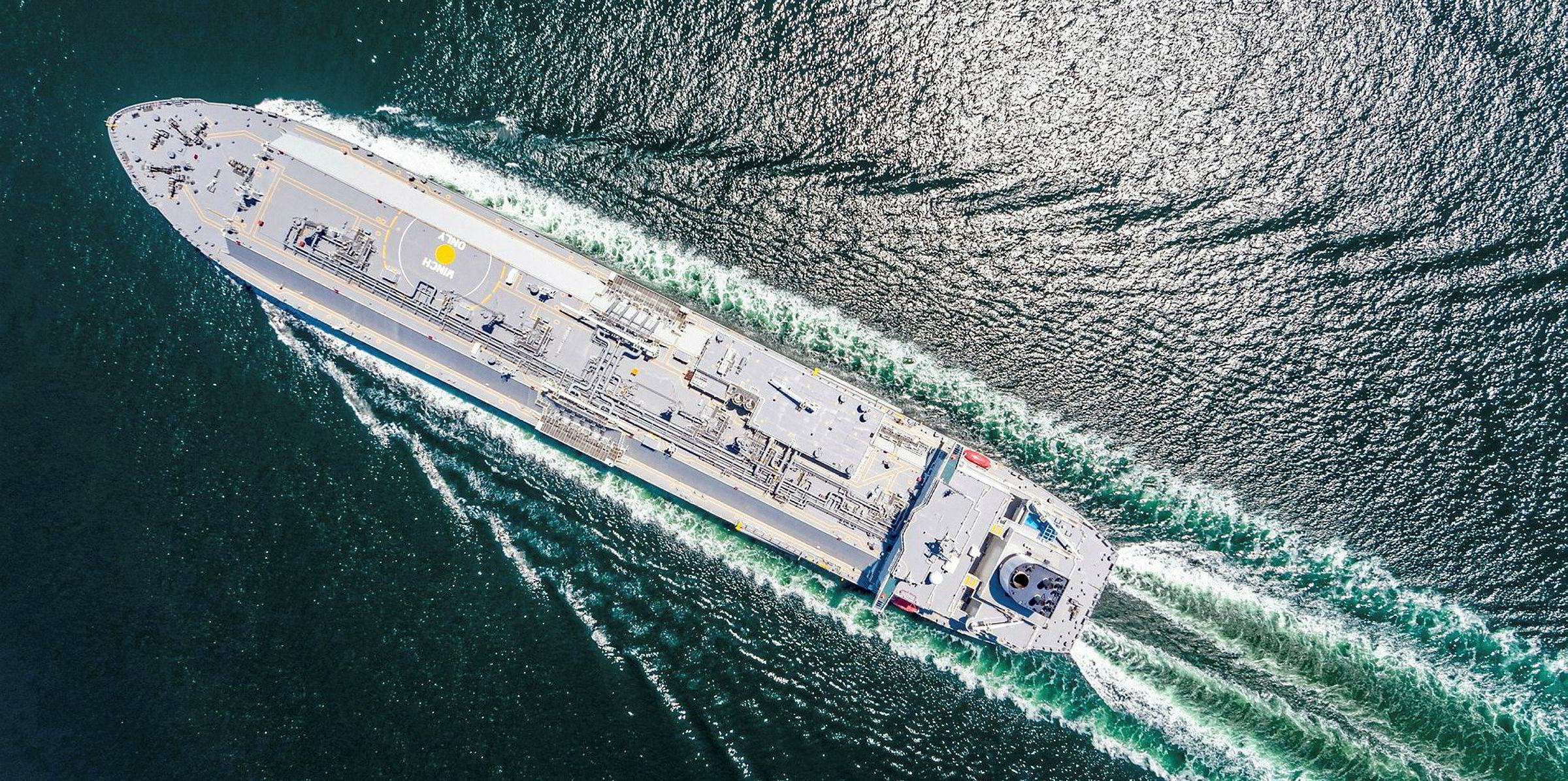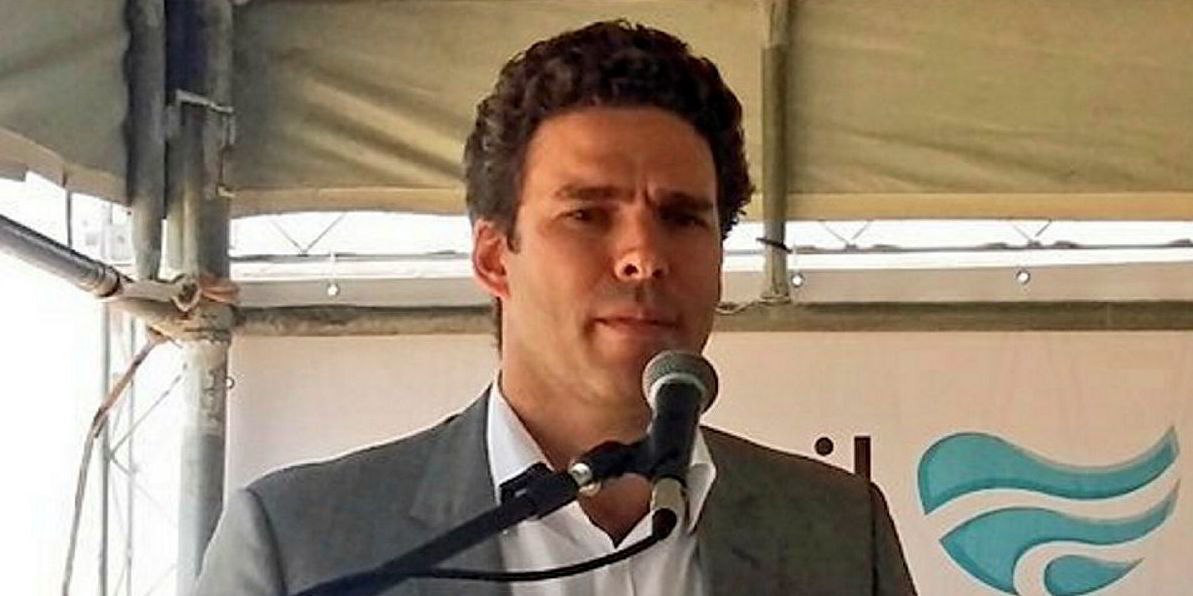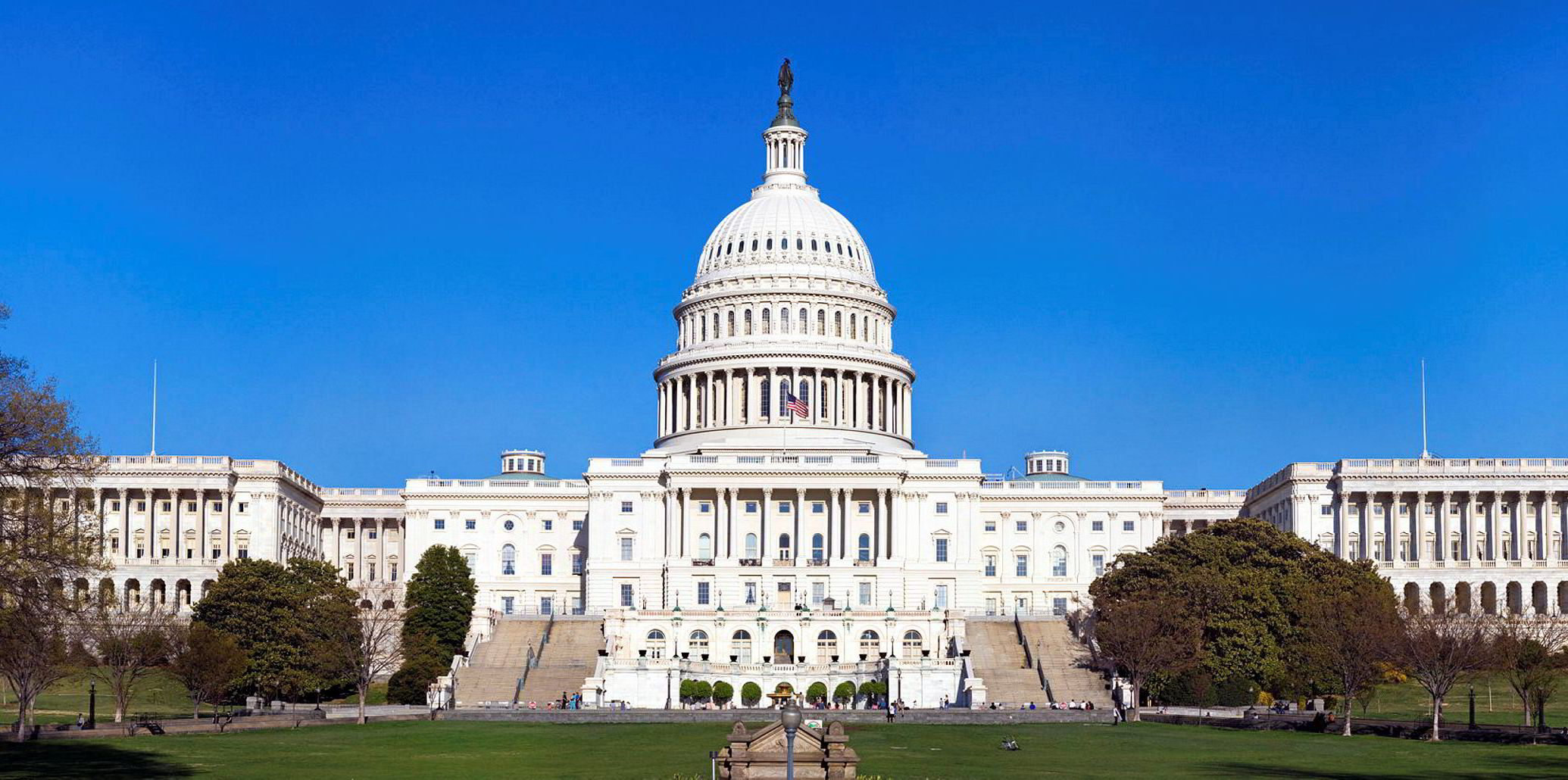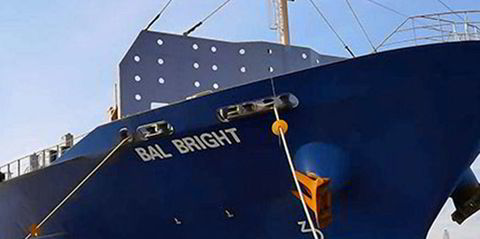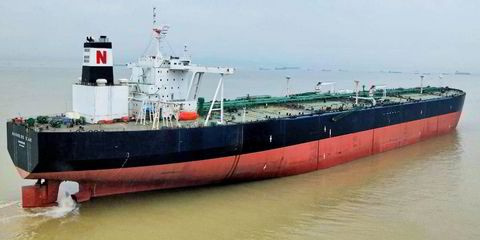Spot rates for LNG carriers have increased sharply and are expected to continue to rise, according to broker and consultant Poten & Partners.
Poten’s global head of business intelligence Jason Feer said the LNG shipping market is following a fairly typical winter pattern where availability of vessels is falling, albeit at a slightly lower rate than in previous years.
But he cautioned that the market remains “structurally long” with a 20% increase in the fleet expected over the next two years.
"Once the winter [rate] spike is over we would expect to see spot rates come down and the availability of vessels to rise," Feer said.
Giving Poten’s short term LNG outlook, Feer said the market is showing typical winter patterns as temperatures start to drop and prices rise, particularly with some liquefaction plant outages.
He said right now cargoes are being drawn to Asian markets.
Cargo cancellations
Feer said that despite the Covid-19 shock to the global economy, LNG demand has held up, bottoming out mid-year with US cargo cancellations.
It has been climbing since but is not yet quite back to comparable levels seen last year.
Feer said LNG demand is expected to remain strong through the winter and into 2021.
But he added: "Our view is that the market is still going to be long next spring and summer and we are likely to see some [cargo] cancellations in the US."
Feer said other downside risks could include the high volumes of LNG in storage, cheaper pipeline imports and price sensitivity from some buyers such as India, Pakistan and Thailand.
He said many are also watching the resurgence of coronavirus.
Poten is forecasting a 5 million tonne increase in LNG demand growth for 2021.
Feer highlighted the start-up of some Brazilian power projects as a factor. But he said it also expects a “fairly significant” drop in European imports next year.
Poten expects the market to remain oversupplied with LNG in 2021 and see a similar year to 2020 but with less surplus.
US politics
Dipping into US politics and declaring his neutrality, Feer gave a view on the outcome for LNG and the wider energy sector on either a Democratic or a Repbulican party win in the country’s election next week.
He said the Democratic party is largely split between moderates, who include presidential candidate Joe Biden, and progressives like Biden’s running mate Kamala Harris.
Feer said the moderates have “a less intrusive energy agenda”, which is likely to include rejoining the Paris Accords on climate change, ending oil and gas industry subsidies and being more supportive of free trade. But they are likely to be “somewhat beholden” to the progressives who might want to put more focus on issues such as upstream methane emissions.
He said under the Democrats trade tensions are likely to be relaxed but with tougher sanctions on Russia and pressure kept up on China.
There should, however, still be plenty of competitively priced gas for exports, he added.
In contrast he said the Repulicans have not articulated much of an energy agenda.
But under a Trump administration the market is likely to continue to see strong support for LNG exports and projects.
